Blog Layout
EU to be the first major jurisdiction to regulate Global Stablecoins
PAR002_123 • Sep 15, 2020
European Union members draw up regulation on Global Stablecoins
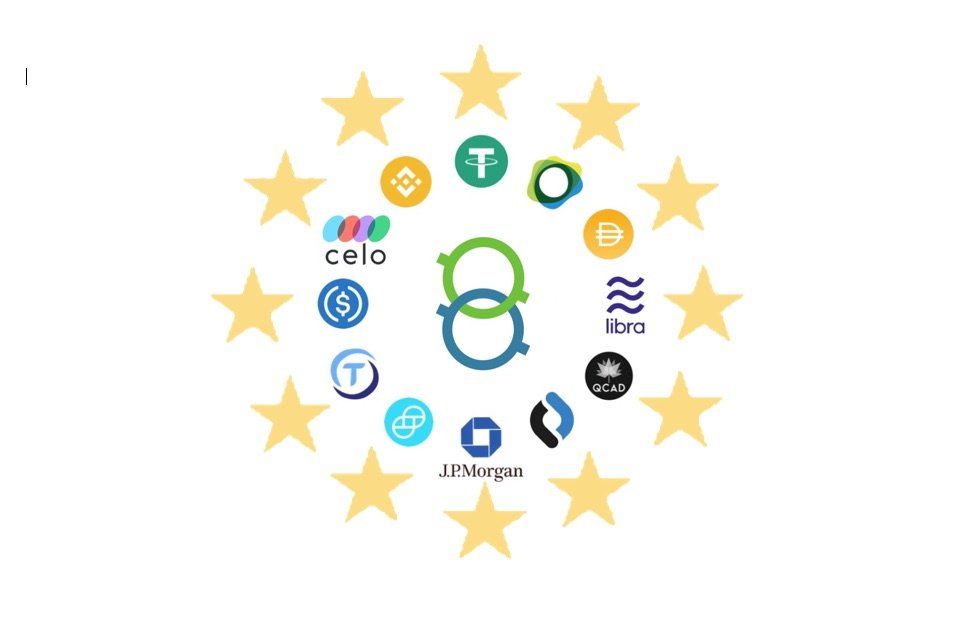
On 14 September 2020 following the Digital Finance Outreach Closing conference, a joint statement on Stablecoins was released by the ministers of finance for Germany, France, Italy, Spain, and the Netherlands.
The proposed draft of this regulation, which is available at 'https://www.politico.eu/wp-content/uploads/2020/09/CLEAN-COM-Draft-Regulation-Markets-in-Crypto-Assets.pdf'
has been leaked. Sven Giegold, a German politician and current member of the European Parliament, has confirmed this on his personal blog, accessible at 'https://sven-giegold.de/en/digital-finance-at-econ/'.
With the 167-page draft text, expected to be presented in the coming weeks, the EU will become the first major jurisdiction to regulate cryptocurrencies.
In response to the statement, European Commission EVP Valdis Dombrovskis noted the concerns of the ministers.
“Rest assured that our legislative proposals will address those concerns comprehensively,” said Dombrovskis.
He continued:
“Crypto assets provide many opportunities, and we want to regulate innovation in, not out.”
The draft proposal imposes lighter requirements on cryptocurrencies that pose lower risks. But rules will be stricter for “significant e-money tokens (described as ‘Stablecoins’)”, in terms of obligations.
The goal of the new rules is to provide legal certainty, support innovation, protect consumers and investors, ensure financial stability and market integrity, the document says. The need to regulate at EU level has also become more urgent given that some member states have started designing their own rules, including Germany, France and Malta.
A quick look at “The Proposal for A Regulation of the European Parliament and of the Council on Markets in Crypto-Assets (MiCA’)”, indicates that well needed changes relating crypto-assets are near. The proposal establishes several objectives, namely:
- Providing legal certainty
- Strict regulation of Libra & Co
- Creation of legal rules and mechanisms to ensure that third-country providers also comply
- Comprehensive rules on money laundering and customer identification
- Offering support and encouragement whilst promoting innovation and development
- Encourage more consumers and investors to part-take in this market
- Ensuring financial stability
- Single European supervision
- Virtual euro by the ECB
The joint statement stresses the importance of the framework to strengthen “Europe’s influence and consolidating its economic autonomy in the field of payments.” Above all, a Stablecoin regulatory framework must prioritise preserving monetary sovereignty and protecting EU consumers. As always, any plans should adhere to GDPR privacy legislation and anti-money laundering/counter-terrorism financing (AML/CTF) requirements.
The joint statement stresses five general principles,
1. The ability for the currency to be redeemable at all times into the asset-backed legal tender. (some Stablecoins don’t allow this)
2. Each Stablecoin must be backed at a ratio of 1:1 with fiat currency
3. Any assets eligible for the reserve must be limited to deposits in EU-approved credit institutions or a proportion in highly liquid assets that are subject to appropriate safeguards
4. These assets must be denominated in the Euro or the currency of an EU member state
5. The operating entity has to be based in the EU.
This last point comes at a crucial time as the EU makes preparations for deciding on whether to release a central bank digital currency (CBDC). The statement stresses that “no global asset-backed crypto-asset arrangement should begin operation the European Union until the legal, regulatory and oversight challenges and risks have been adequately identified and addressed.” By having Stablecoin firms be registered in the EU before starting any activity, the EU retains regulatory oversight, giving them control over authorisation timing. This means Stablecoins firms may be impacted depending on when the EU decides to issue CBDCs.
The other three requirements are that each Stablecoin must be backed at a ratio of 1:1 with fiat currency. Any assets eligible for the reserve must be limited to deposits in EU-approved credit institutions or a proportion in highly liquid assets that are subject to appropriate safeguards. These assets must be denominated in the Euro or the currency of an EU member state. The reserves must be segregated and be non-convertible to avoid exchange risk.
For the Libra Association, and issuers of ‘significant e-money tokens’, the path will be more difficult as they will also have to become a credit institution or an electronic money institution, facing stricter requirements compared with other digital operators offering financial services.
As a result, Libra and other ‘significant e-money tokens’ will fall under the supervision of the European Banking Authority. But the Commission will add an additional body, including national and European supervisors, to assist EBA in overseeing these systemic digital assets.
The EBA will chair this college of supervisors and will include, among others the national authority of the member state where the issuer of the significant e-money tokens has been authorised, the European Securities and Markets Authority (ESMA), the ECB or any other EU central bank, depending on the sovereign currency backing the digital token.
The draft text also obliges the Libra Association and the issuers other significant e-money tokens, to redeem, at any moment and at par value, the monetary value of the e-money tokens if the holders decide, either in cash or by credit transfers. The rules also impose the prohibition of granting any interests to holders of these digital assets.
The EU’s Digital Finance Strategy is expected to be released later this month.
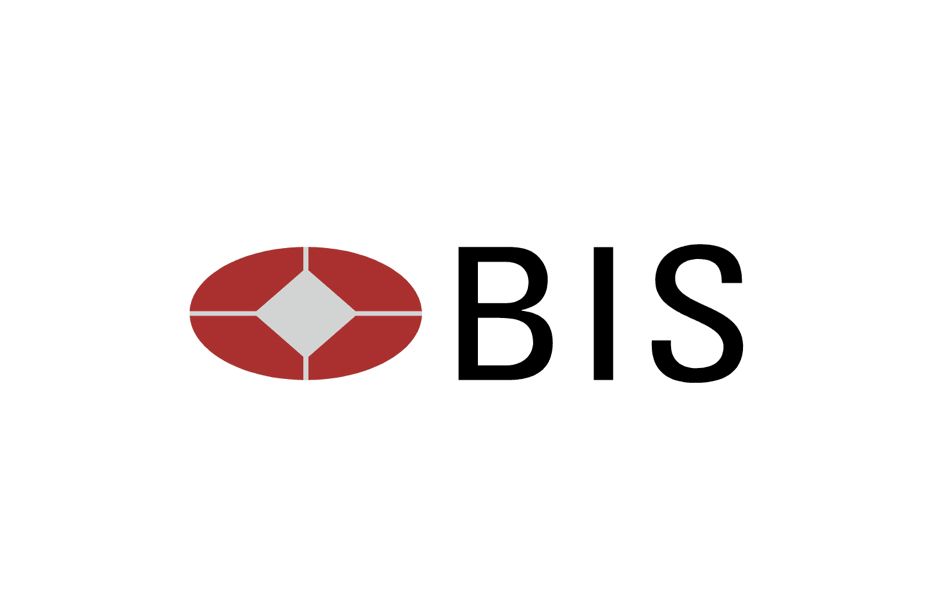
07 Mar, 2024
In response to the increasing prominence of global stablecoins (GSCs) and their potential implications for financial stability, the Bank for International Settlements (BIS) has introduced a comprehensive set of recommendations aimed at regulating and supervising these widely adopted digital assets.
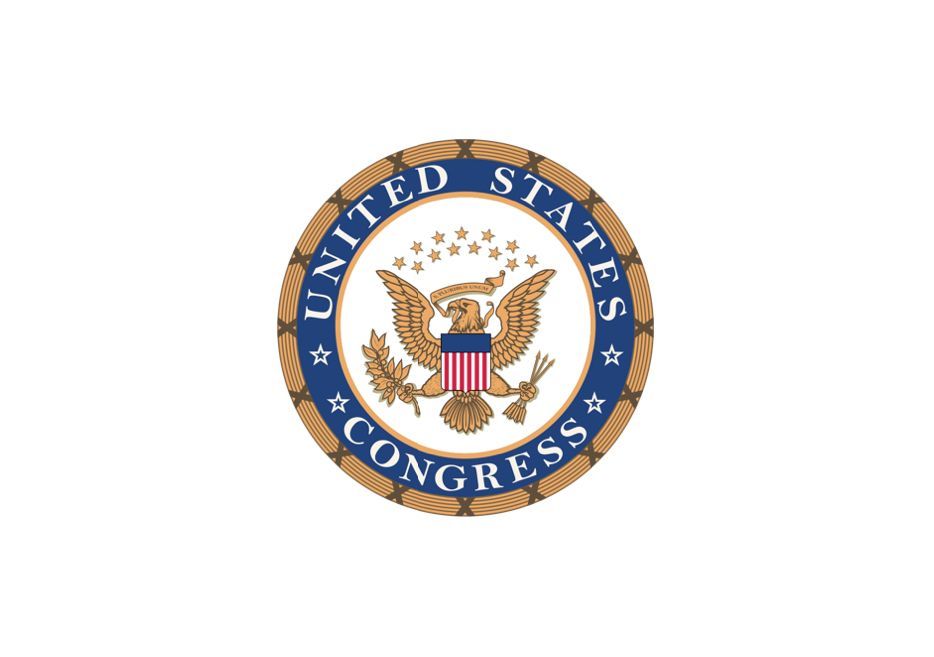
29 Jul, 2023
In a noteworthy development within the U.S. Congress, a long-awaited stablecoin bill made significant progress as it graduated from the House Financial Services Committee. However, the advancement of the Republican-backed bill was marred by a partisan clash and objections from the White House, leaving the committee chair, Patrick McHenry (R-N.C.), lamenting the missed opportunity for a bipartisan deal.

13 Jul, 2023
A new crypto oversight bill reintroduced by Senators Cynthia Lummis and Kirsten Gillibrand is making waves in the U.S. Senate. The bill proposes that crypto exchanges be overseen by the Commodity Futures Trading Commission (CFTC) rather than the U.S. Securities and Exchange Commission (SEC). Additionally, it calls for all stablecoin issuers to be regulated depository institutions. This bill represents a significant effort to establish U.S. regulation for the crypto industry and addresses the division of oversight between the SEC and CFTC.
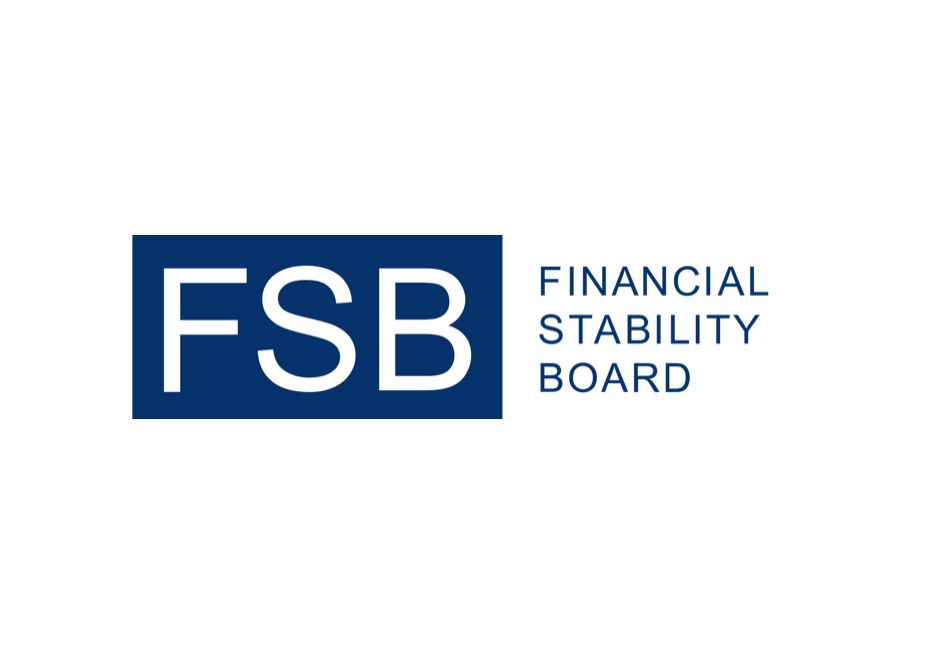
13 Jul, 2023
In preparation for the upcoming G20 Finance Ministers and Central Bank Governors meeting in India, Klaas Knot, Chair of the Financial Stability Board (FSB), has highlighted the recent banking turmoil and the FSB's commitment to learning valuable lessons from these events. In a letter addressed to the G20 officials, Knot emphasized the importance of addressing risks associated with crypto-assets and global stablecoin arrangements, as well as providing updates on efforts to tackle climate-related financial risks.
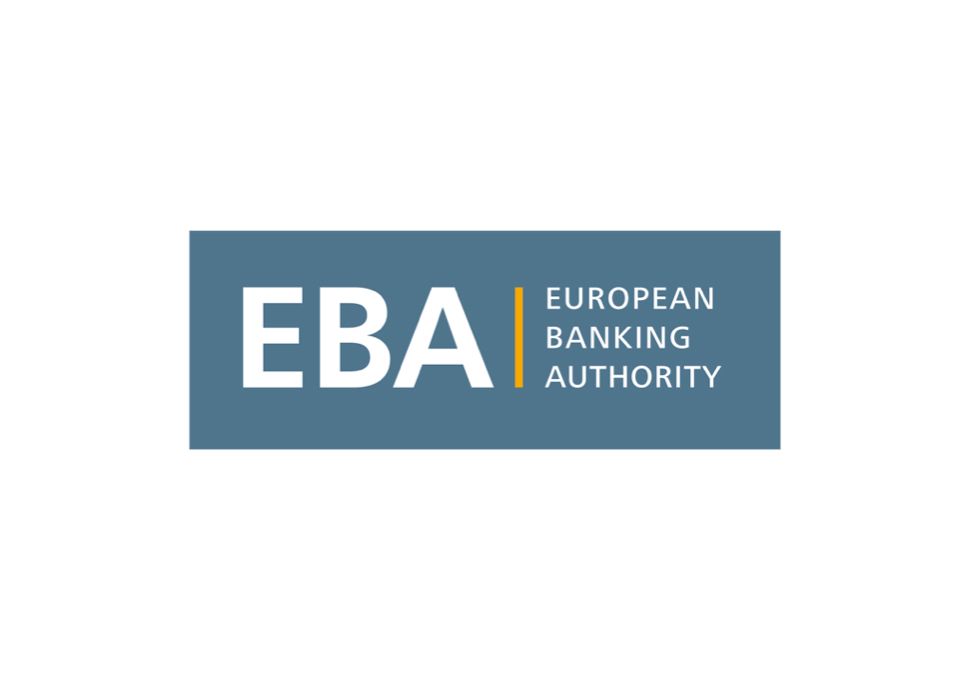
12 Jul, 2023
E-Money Token (Stablecoin) issuers have been advised to proactively prepare for the forthcoming regulations set by the European Union, according to the European Banking Authority (EBA). Although the rules of the Markets in Crypto Assets (MiCA) framework will officially come into effect in June 2024, the EBA emphasised the importance of early preparation to protect consumers and avoid disruptions for companies. The MiCA regulation includes provisions on governance, reserve requirements, and licensing for crypto wallet providers and exchanges.

12 Jul, 2023
According to a recent study by Juniper Research, the value of payment transactions made with stablecoins is predicted to surpass $187 billion by 2028, a significant increase from $53 billion in 2023. The study, titled "CBDCS & STABLECOINS: KEY OPPORTUNITIES, REGIONAL ANALYSIS & MARKET FORECASTS 2023-2030," highlights the rapid progress of stablecoins in the cross-border market, where they offer an alternative to slow, expensive, and difficult-to-track existing payment systems.
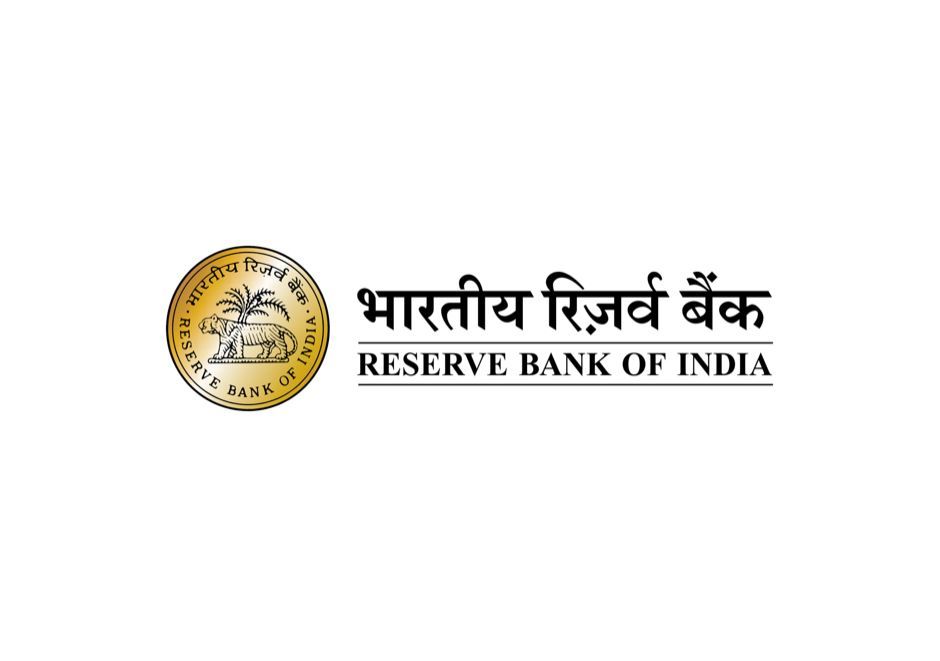
12 Jul, 2023
Reserve Bank of India (RBI) Deputy Governor T Rabi Sankar expressed India's concerns about stablecoins, emphasising their potential threat to policy sovereignty. In a speech at a banking event, Sankar called for a global financial system based on central bank digital currencies (CBDCs) issued by each country for settling global payments. He highlighted the importance of CBDCs in maintaining financial stability and independence, stating, "We should ideally aim for a global financial system which rests on central bank digital currencies (CBDCs) issued by each country to settle global payments, and not rely on stablecoins."
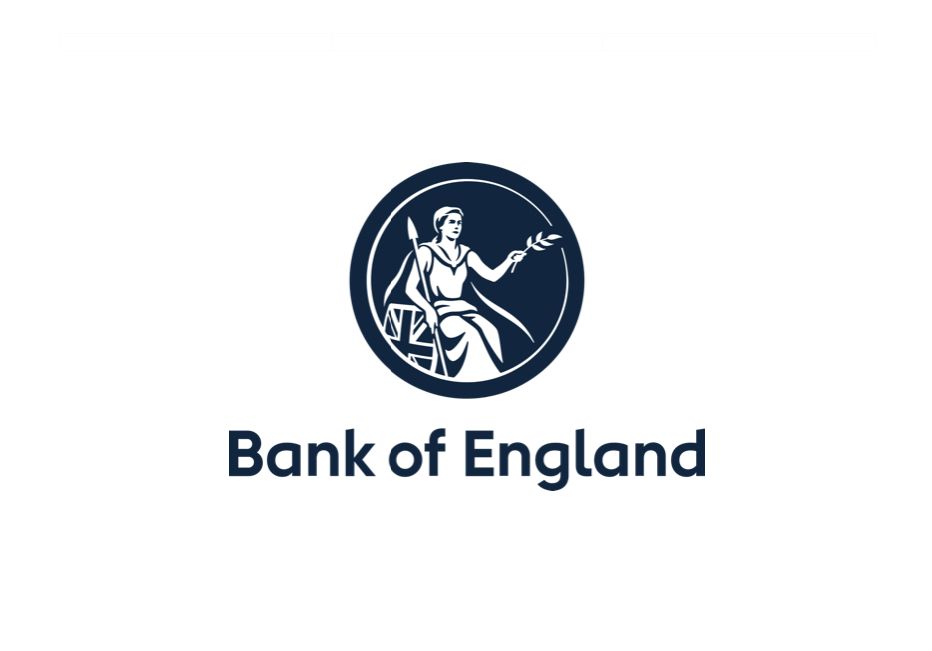
11 Jul, 2023
In a speech delivered on July 10, Bank of England (BOE) Governor Andrew Bailey shared his perspective on digital currencies, highlighting the potential of "enhanced digital money" while expressing reservations about cryptocurrencies and stablecoins. Bailey emphasised the need for regulatory oversight, stability, and usability in the evolving financial landscape.
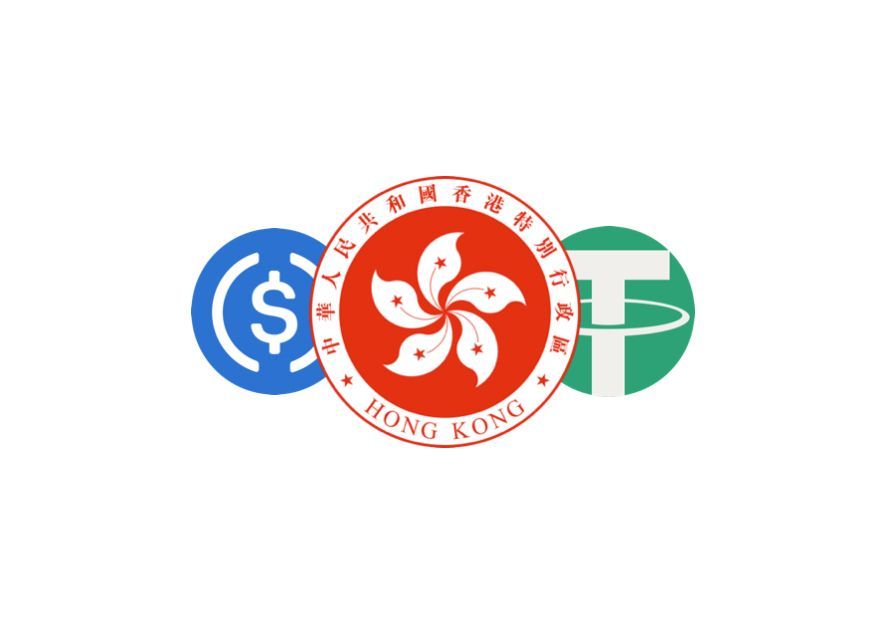
06 Jul, 2023
In a move that could reshape the global stablecoin market, Hong Kong is considering the launch of its own stablecoin, HKDG, to rival established stablecoins such as USDT and USDC. This groundbreaking proposal, co-authored by prominent figures in academia and industry, including Vice Chancellor Wang Yang and angel investor Cai Wensheng, aims to enhance Hong Kong's position in the digital currency landscape and assert its leadership in the blockchain sector.
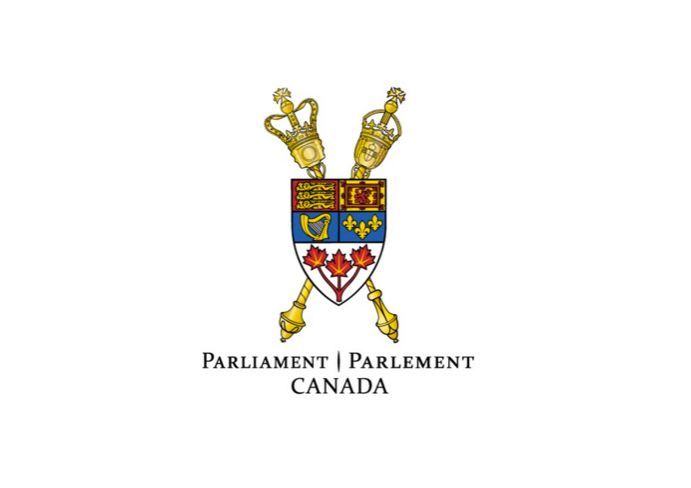
30 Jun, 2023
Canadian lawmakers have published a groundbreaking report that defends and supports the crypto industry, calling for the recognition of blockchain as a growing sector with the potential to drive job creation and economic growth. The report, which includes 16 recommendations, has garnered praise from industry participants, including leading cryptocurrency exchange Coinbase.
Disclaimer:
GlobalStablecoins.com is an informational website that provides news about coins, blockchain companies, blockchain products and blockchain events. Don’t take it as investment advice. Speak to an advisor before you risk investing in an ICO, Cryptocurrencies, Cryptoassets, Security Tokens, Utility Tokens, Exchange Tokens, Global Stablecoins, Stablecoins or eMoney Tokens. GlobalStablecoins.com is not accountable, directly or indirectly, for any damage or loss incurred, alleged or otherwise, in connection to the use or reliance of any content you read on the site.
Affiliate Disclosure / Sponsored Posts:
If a Sponsored Post contains any mention of a crypto project, we encourage our readers to conduct diligence prior to taking further action. GlobalStablecoins.com does not recommend that any cryptocurrency should be bought, sold, or held by you. Do conduct your own due diligence and consult your financial advisor before making any investment decisions.
GlobalStablecoins.com may receive compensation for affiliate links. Should you perform activities in relation to an affiliate link, it is understood that some form of compensation might be made to GlobalStablecoins.com. For example, if you click on an affiliate link, and sign up and trade on an exchange, GlobalStablecoins.com may receive compensation.
Before you invest in Cryptoassets you should be aware of the following,
Cryptoassets are considered very high risk, speculative investments.
If you invest in Cryptoassets you should be prepared to lose all your money.
All Sponsored Posts are paid for by crypto projects, coin foundations, advertising firms, PR firms, or other marketing agencies. GlobalStablecoins.com is not a subsidiary of any marketing agency, nor are we owned by any crypto or blockchain foundation.
The purpose of offering Sponsored Posts to our advertisers is to help fund the day-to-day business operations at GlobalStablecoins.com.
If you come across a Sponsored Post which you believe is fraudulent and/or “scammy,” please contact us and we will perform an immediate investigation.
© 2024
All Rights Reserved | GlobalStablecoins.com
